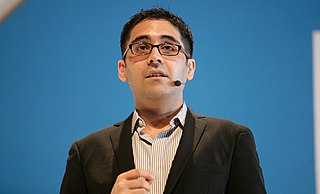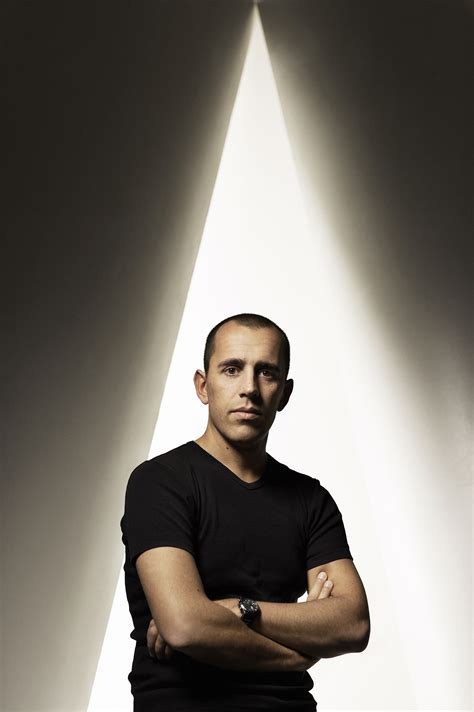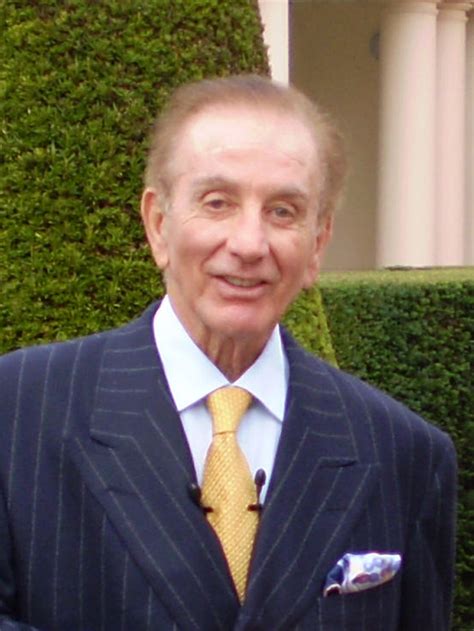A Quote by Peter Senge
How has the world of the child changed in the last 150 years?" The answer is. "It's hard to imagine any way in which it hasn't changed.They're immersed in all kinds of stuff that was unheard of 150 years ago, and yet if you look at schools today versus 100 years ago, they are more similar than dissimilar.
Related Quotes
Yes, business really does change. 400 years ago, corporations were formed by royal decree. 300 years ago, many countries were powered by slave labour, or its closest moral equivalent. 200 years ago, debtors didn't go bankrupt, they went to prison. 100 years ago - well, business is largely the same as it was a century ago. And that's exactly the problem. Business hasn't changed, but today's array of tectonic global shocks demands a different, radically better kind of business. Yesterday's corporations visibly cannot meet today's economic challenges.
Hans Rosling typically would go into the room, and he would ask the audience questions. Often they had to answer them with clickers or raising their hands or something. We get [data] wrong because 50 years ago that wasn't the case and because we haven't had these graphics we don't realize that over the last 30, 40, 50 years things have changed dramatically. And you see how the world has been getting a better, safer, more homogeneous place. It just has.
We have made a huge amount of progress over the last 50 years by enabling trade, by enabling kind of collaboration and learning. And actually, in fact, when you look at your average 30-year-old today, they're much better off than a 30-year-old 20 years ago, 30 years ago, because of progress in technology and health care and all the rest of this.
A few years ago, they [Neandertals] were thought to be ancestral to anatomically modern humans, but now we know that modern humans appeared at least 100,000 years ago, much before the disappearance of the Neandertals. Moreover, in caves in the Middle East, fossils of modern humans have been found dated 120,000-100,000 years ago, as well as Neandertals dated at 60,000 and 70,000 years ago, followed again by modern humans dated at 40,000 years ago. It is unclear whether the two forms repeatedly replaced one another by migration from other regions, or whether they coexisted in some areas





































